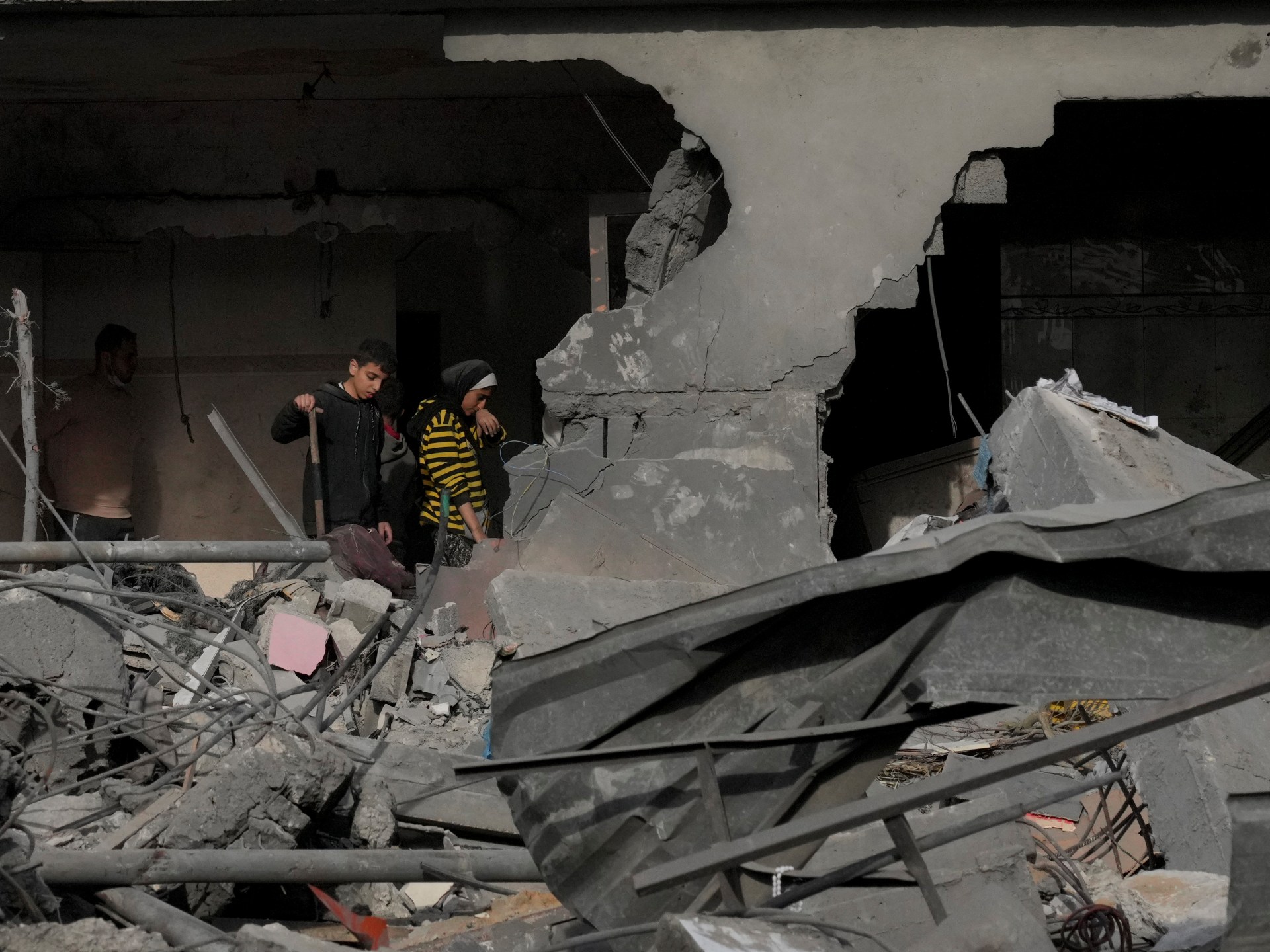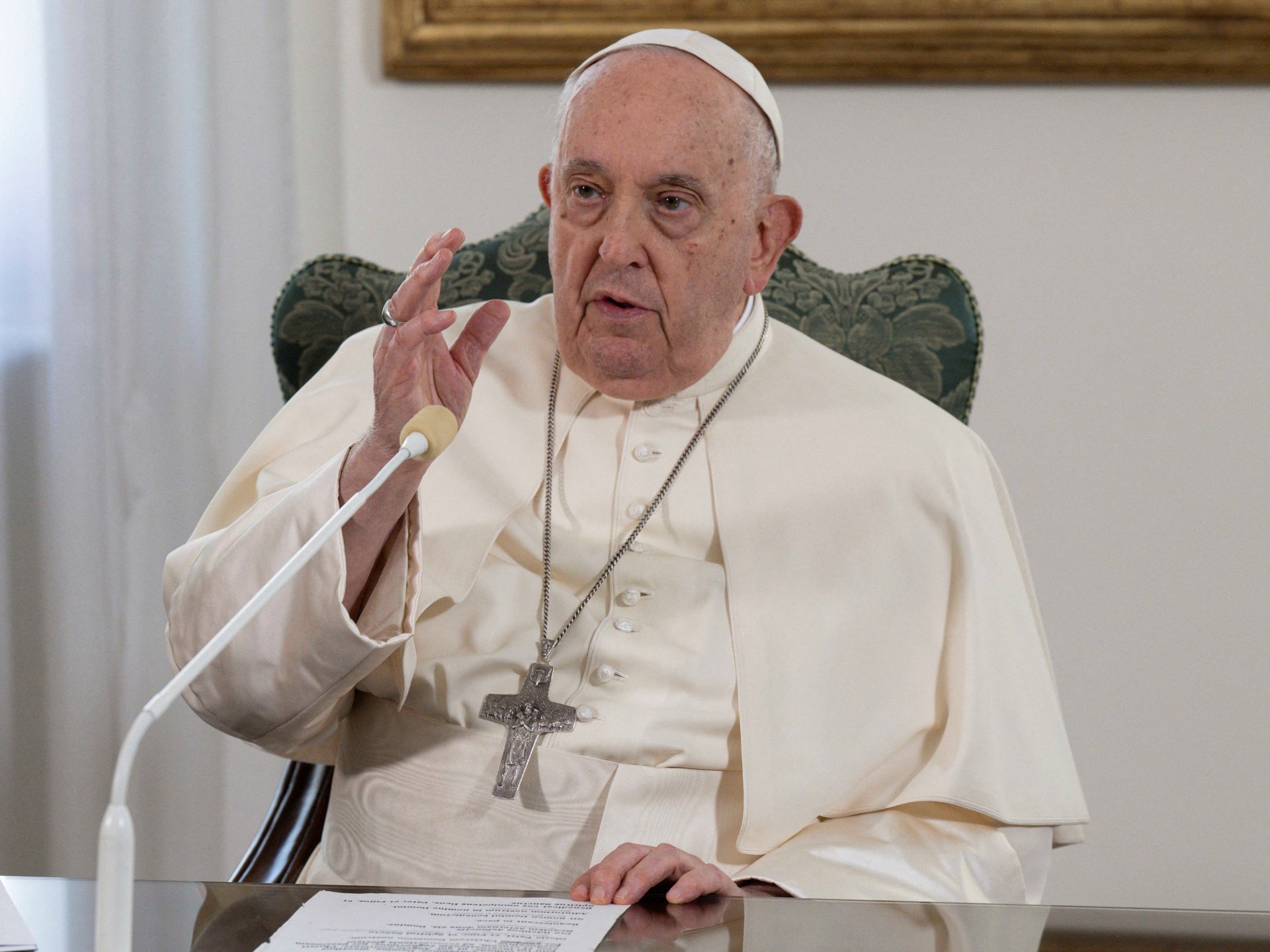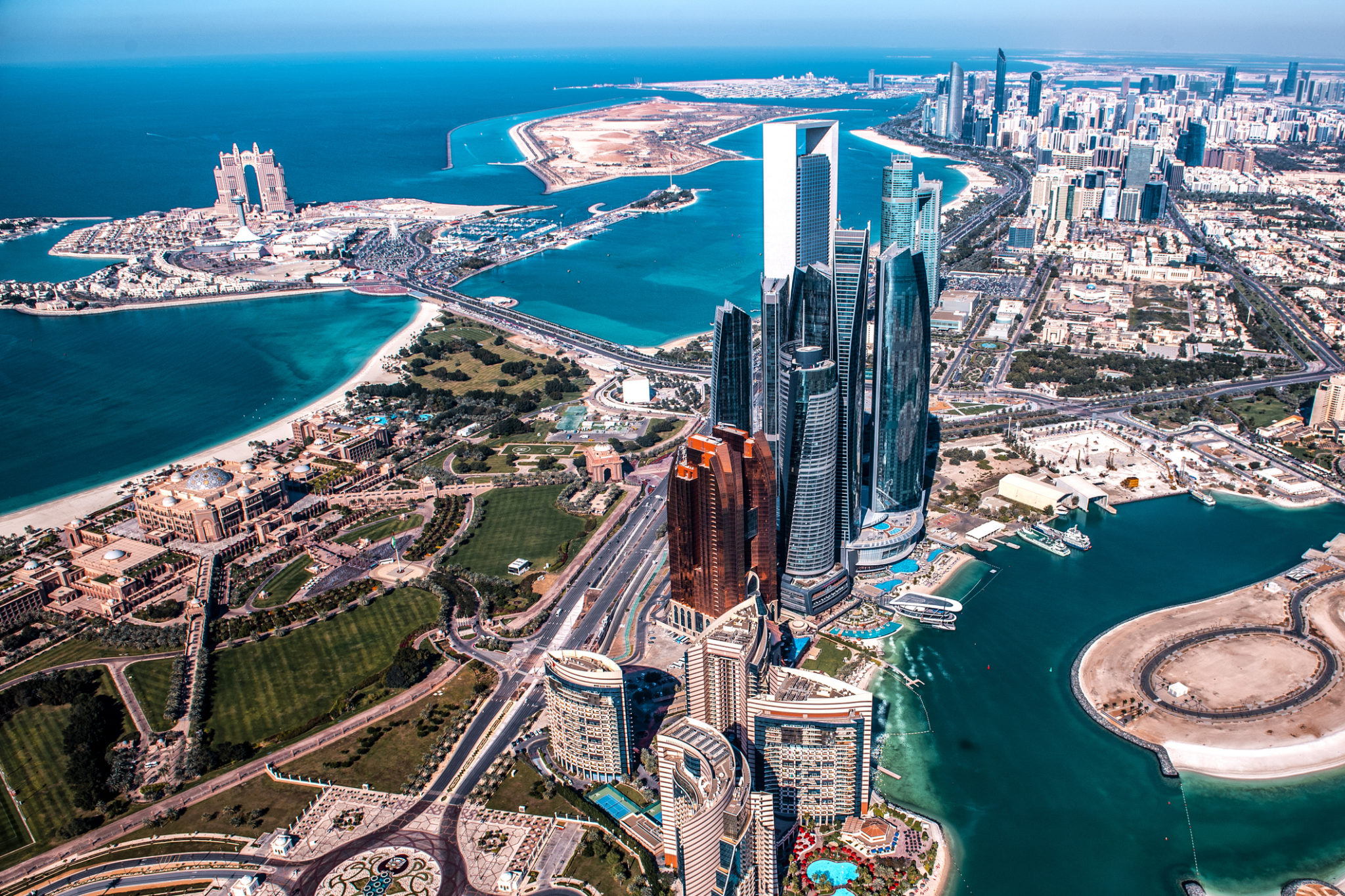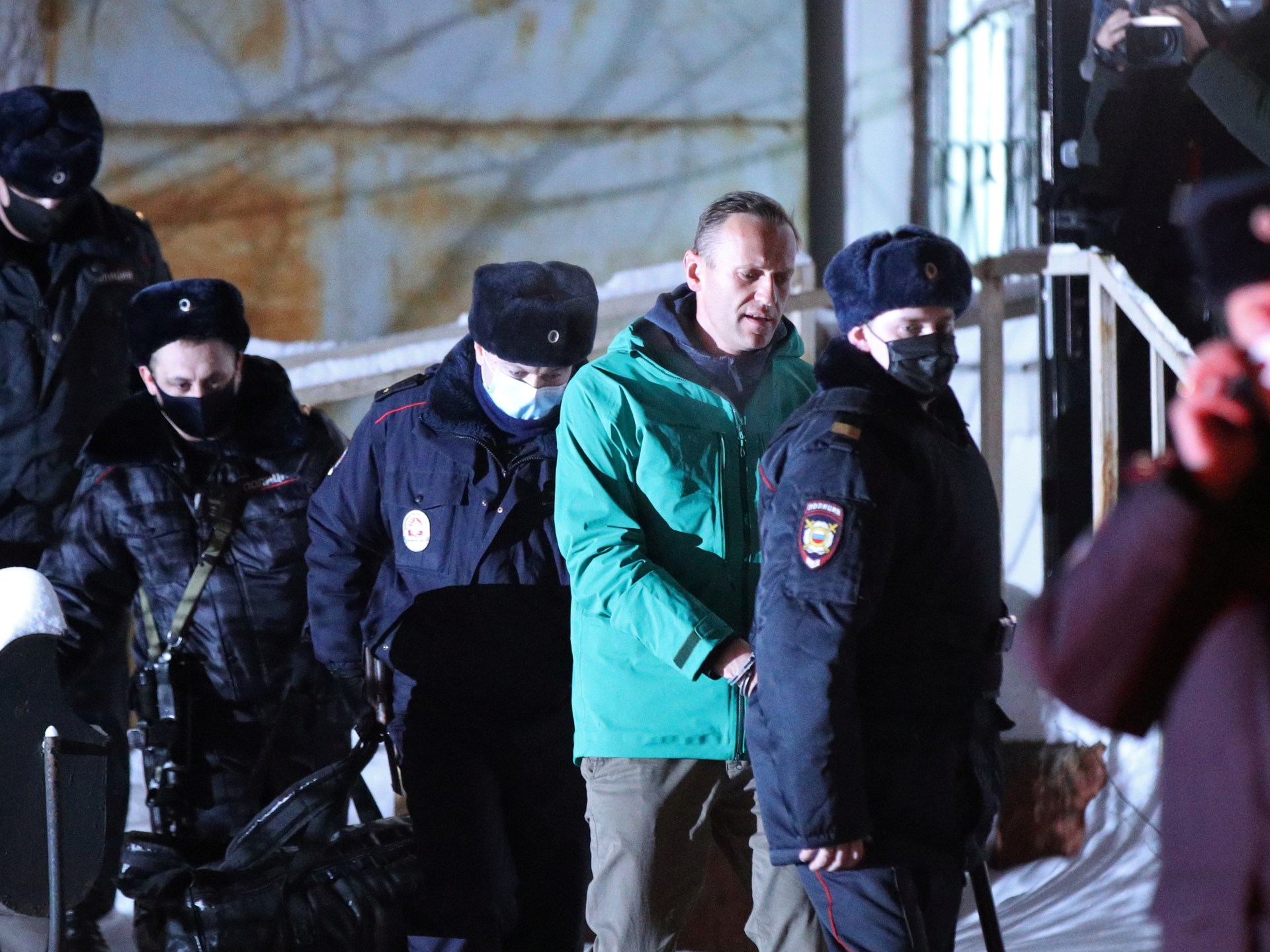Canada’s British Columbia under state of emergency as Kelowna wildfire rages
Across the Canada-U.S. border and roughly 240 miles south, residents in Spokane County, Wash., were being ordered to evacuate immediately on Saturday. The Level 3 evacuation order — meaning “Go, leave now!” according to the county’s emergency management office — was in effect at noon local time after a blaze had caused power outages and already destroyed more than 185 structures.
One person was confirmed dead from the fire, the Washington State Department of Natural Resources said in an update Saturday afternoon. No further details were provided. The DNR described the weather as “problematic” for fighting the blaze, which had zero containment as of late Saturday morning.
In neighboring British Columbia, this wildfire season has been the “worst” in the province’s history, said British Columbia’s Premier David Eby at a news conference Friday evening
“In just the last 24 hours, the situation has evolved and deteriorated quite rapidly,” Eby said.
“If you get an evacuation order, please leave,” he said. “The situation is unpredictable right now, and there are certainly difficult days ahead.”
The provincial emergency management minister, Bowinn Ma, said at least 15,000 people were ordered to evacuate around the province, and some 20,000 more people were under evacuation alert — asked to be ready to go if told to leave.
Authorities urged people to avoid nonessential travel to affected areas in part to ensure that roads are clear for firefighters, first responders and evacuees. As emergency services warned that wind might “worsen wildfire conditions and possible new fire starts,” photos showed flames on hillsides near Okanagan Lake. The fires consumed Okanagan Lake Resort, Canada’s public broadcaster reported.
Fires detected in the last 24 hours (as of Aug. 19, 9.20 AM)
Source: NASA FIRMS, Reuters, Natural Earth
SAMUEL GRANADOS / THE WASHINGTON POST
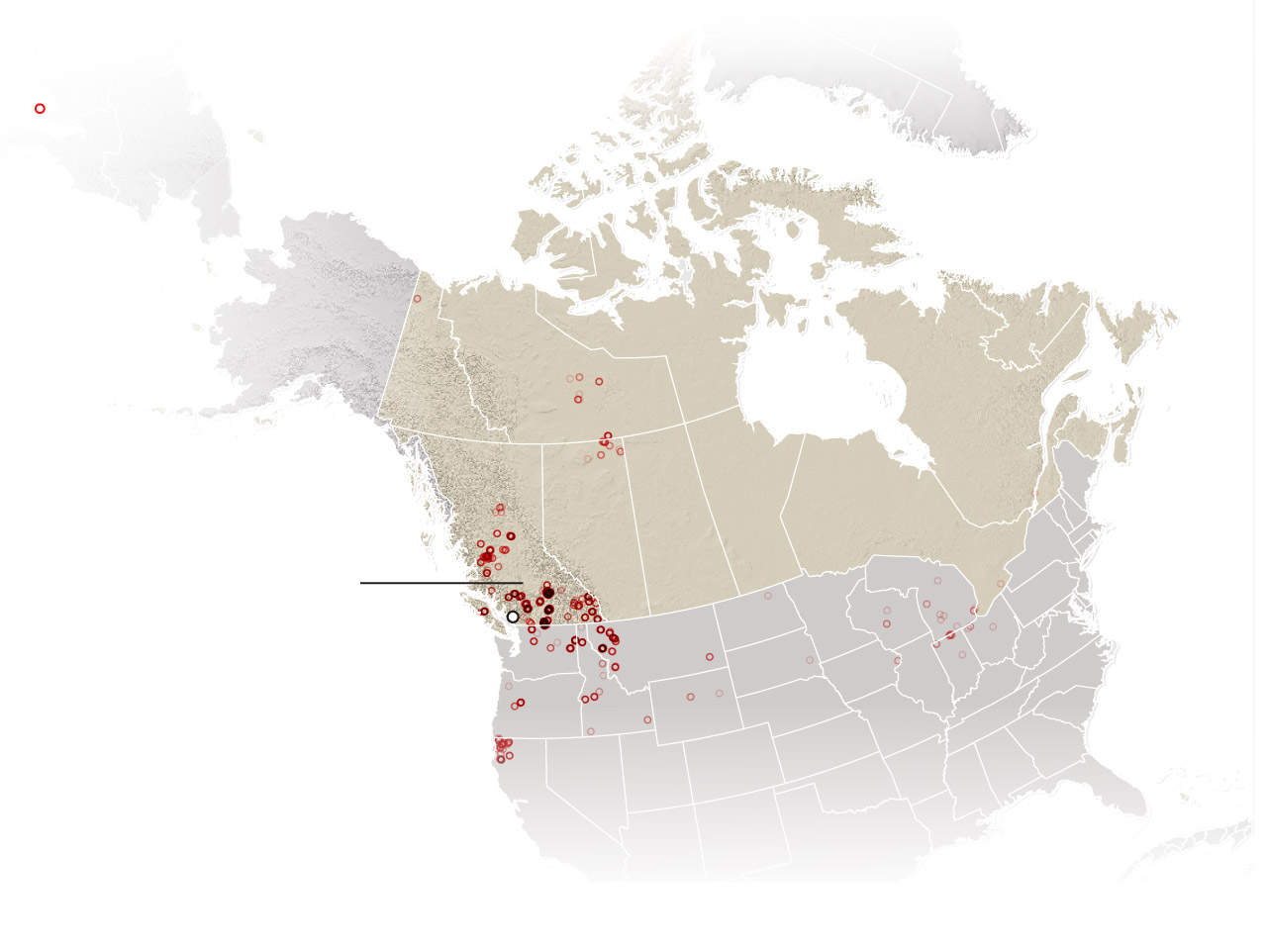
Fires detected in the last 24 hours (as of Aug. 19, 9.20 AM)
Thousands of British Columbia residents were on high evacuation alert on Saturday after rapidly intensifying wildfires forced the western Canadian province to declare a state of emergency.
Source: NASA FIRMS, Reuters, Natural Earth
SAMUEL GRANADOS / THE WASHINGTON POST
Earlier Friday, West Kelowna Fire Chief Jason Brolund told reporters the fires had been “devastating.”
“We fought a hundred years worth of fires all in one night,” he said.
Flames threatening Kelowna and West Kelowna are among 380 wildfires burning in the British Columbia, according to the province’s wildfire service. Dozens of the fires are classified as “out of control.”
The warnings in British Columbia were issued after residents of Yellowknife, farther north, evacuated by road and by air under an order for the entire capital of Canada’s Northwest Territories — more than 20,000 people — to flee a wildfire nearing the city. Officials said almost all of Yellowknife’s residents had left, and they urged those remaining to flee to safety.
In a summer of record heat around the world, soaring temperatures intensified by climate change and coupled with existing drought conditions have heightened the severity of Canada’s wildfire season this year. Hundreds of wildfires across Canada have burned twice as much area in the country as in any previous season — an area equivalent to the state of Alabama’s size.
In British Columbia, officials have reported record-challenging temperatures and dry air masses, exacerbating drought conditions and heightening the risk of wildfires.
Canadians have supported each other through what “has been a very difficult summer for people across this country,” Prime Minister Justin Trudeau said late Friday after meeting with evacuees in Edmonton, Alberta, where an expo center is hosting people who fled the Northwest Territories. “Wildfires in just about every province across this country, terrible loss, increased extreme weather events, and all through it, we’ve seen Canadians step up,” he said.
Kim Bellware contributed reporting.
Check out our Latest News and Follow us at Facebook
Original Source



